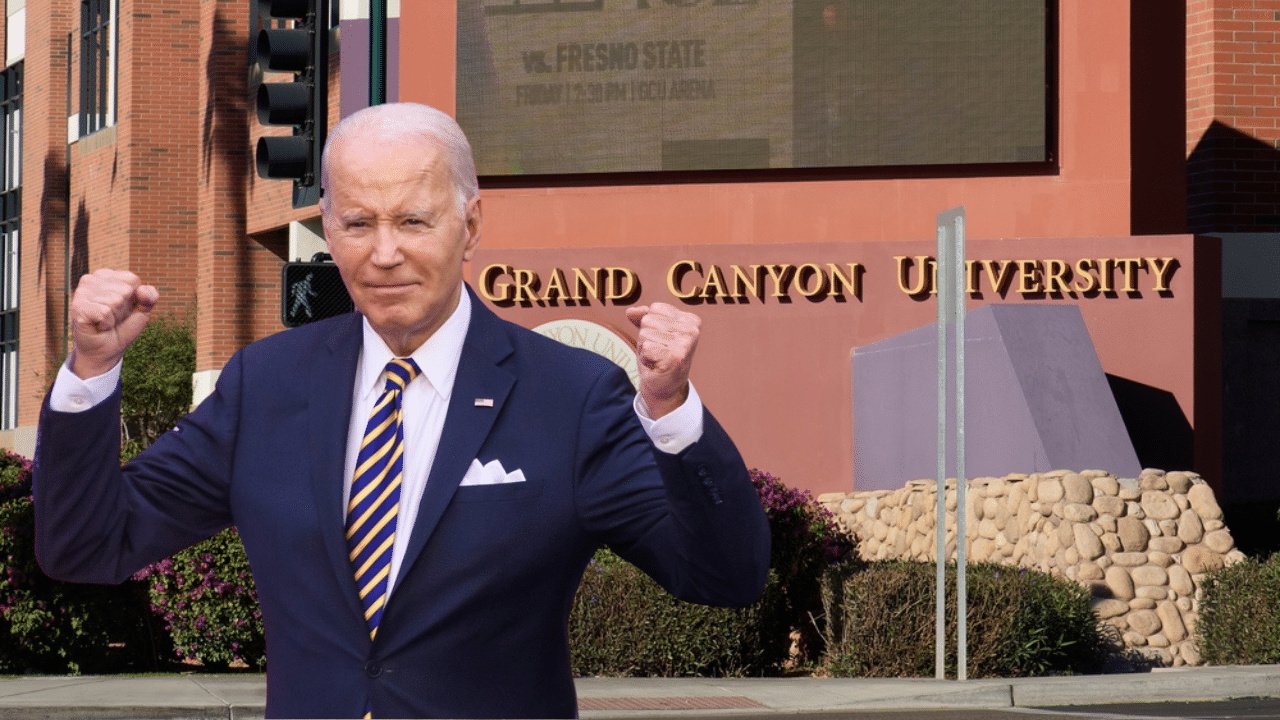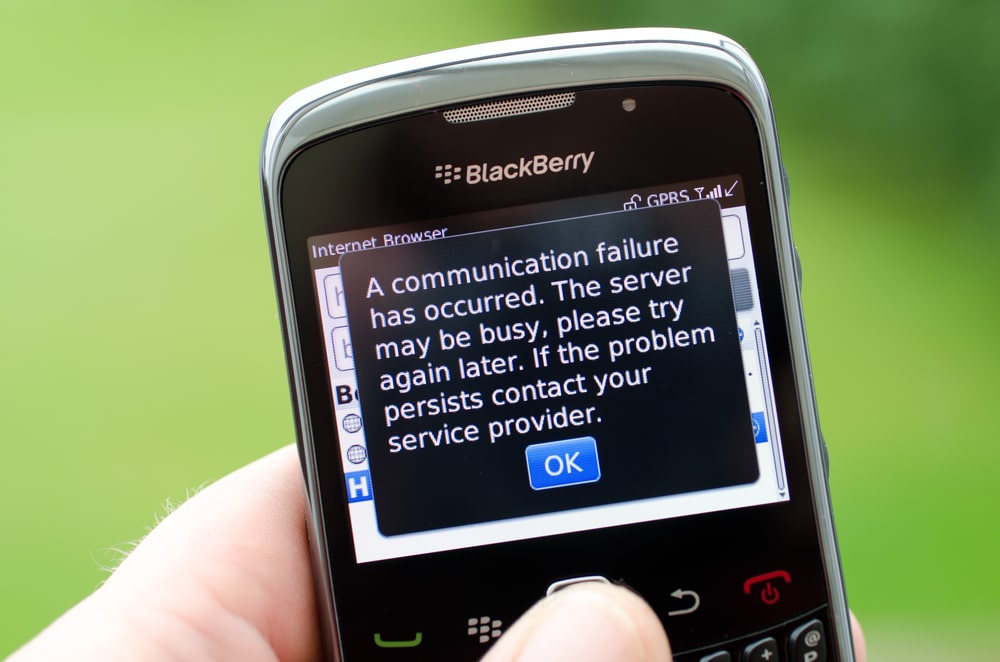Even as the omicron variant loosens its grip on the world, destinations continue to require travelers to show proof of vaccination. And, increasingly, a paper CDC vaccination card is not cutting it. While the United States government has not issued a federal digital vaccine pass, a national standard has nevertheless emerged.
To date, 21 states, the District of Columbia, and Puerto Rico offer accessibility to the SMART Health Card, a verifiable digital proof of vaccination developed through the Vaccination Credential Initiative (VCI), a global coalition of public and private stakeholders including Microsoft, Salesforce, Oracle, the Mayo Clinic and other health and tech heavyweights.
And very soon, at least four more states will be rolling out access to SMART Health Cards. “We’ve seen a notable uptick in states that have officially launched public portals where individuals can get verifiable vaccination credentials in the form of SMART Health Cards with a QR code,” says Dr. Brian Anderson, co-founder of the VCI and chief digital health physician at MITRE.
There is already an impressively widespread availability of SMART Health Cards in the U.S. More than 200 million Americans can now download, print or store their vaccination records as a QR code.
Several Republican-leaning states that had rejected so-called vaccine passports over fears they limited freedom are now embracing the technology behind them.
At least five states with bans on “passports” or governor opposition to them — Arizona, Mississippi, South Carolina, Oklahoma and Utah — are developing or have already rolled out the technology. But they’re largely doing it quietly and for slightly different reasons.
The benefits they see: With some places in the U.S. like New York City requiring proof of vaccination for indoor dining and events, and countries mandating the information for entry, residents in these states might need it to travel. Plus, adopting the technology allows for access to health records in a digital format, state officials say.
“We’re starting to see some jurisdictions that had a very strict stance, ‘We’re not going to put any QR codes on anything,’ look at this again with fresh eyes and say, ‘Okay, this really isn’t a passport. This is really just an evolution of a record moving into the digital age,’” said Rebecca Coyle, executive director of the American Immunization Registry Association.


















